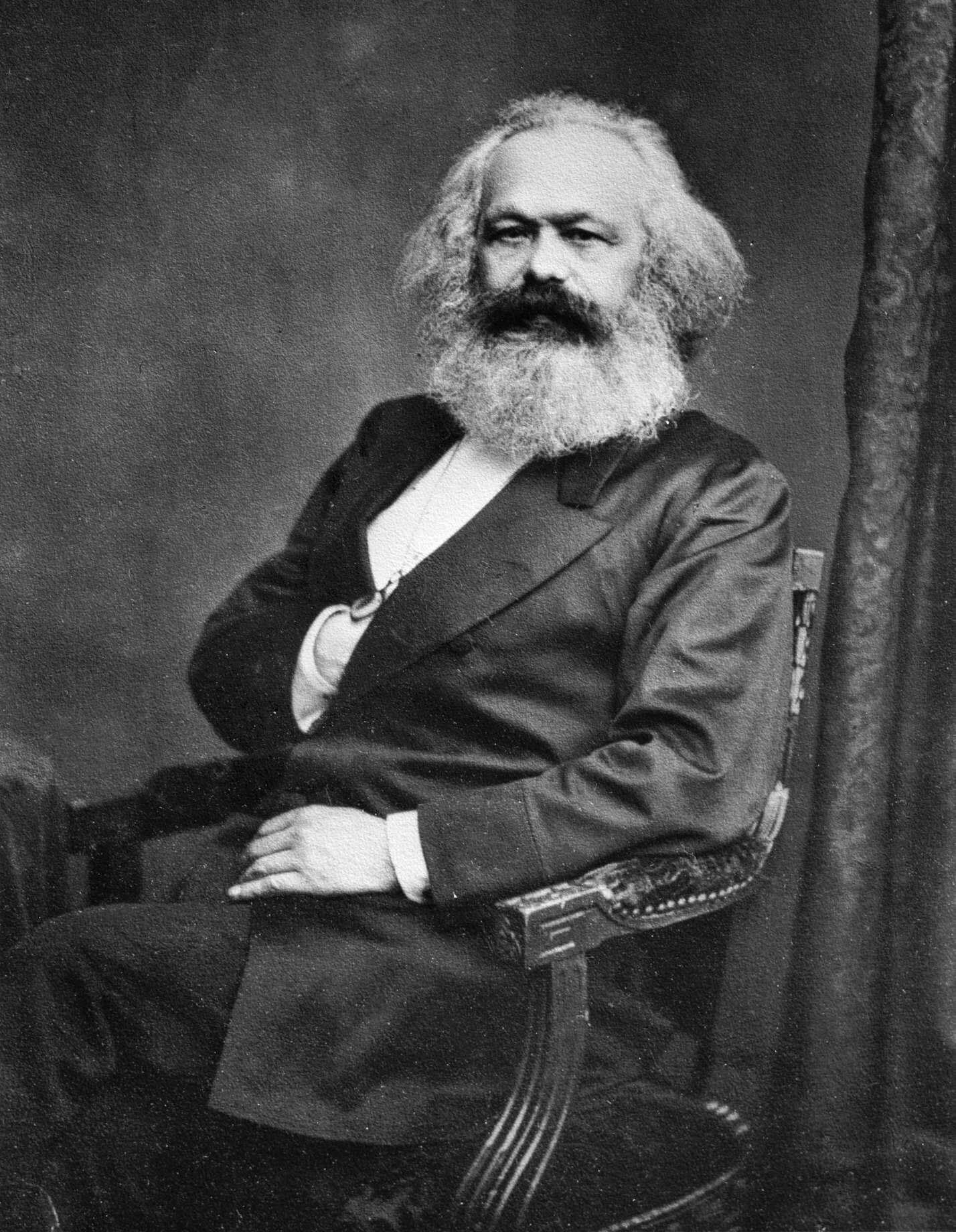Materialism is the name given to any philosophical view which asserts that everything that exists is material or physical in nature. Materialist views of the world deny that there are any beings or forces that are distinct from physical bodies or exist independently of such bodies. Materialists argue that the things and forces that supposedly are not physical either do not exist or are, in fact, physical. Materialists deny that there are minds distinct from the bodies they inhabit. They also tend to deny the existence of gods or spirits, who supposedly exist independently of any physical bodies.
Materialism views life and consciousness as nothing more than complex physical processes. Materialists believe that sciences, such as physics and chemistry, can ultimately explain everything. They claim that even the behavior of living, thinking beings can be understood fully in terms of the physical laws that govern all things.
Materialism opposes any philosophical view which maintains that the world consists of more than physical beings and forces. It rejects philosophical dualism, which states that there are two distinct kinds of things—material substances (bodies) and mental or spiritual substances (minds). It also rejects philosophical idealism, which holds that the world is entirely composed of mental things—ideas and the minds that have them.
In ancient Greece, the philosophers Leucippus and Democritus advocated materialism during the 400’s B.C. They held that all things are made up of very small, indivisible physical particles, which they called atoms. They believed that the qualities of all things and processes, mental as well as physical, are determined by the physical properties of these tiny particles. This view was later defended by the Greek philosopher Epicurus and the Roman poet and philosopher Lucretius.
Christianity rejects materialism, because the religion believes in spiritual beings not tied to any physical body, such as God, angels, or souls that exist after death. Christianity dominated European intellectual life during the Middle Ages, from about the A.D. 400’s through the 1400’s. Materialism reemerged as a significant intellectual force with the rise of modern science. During the 1600’s, materialism was advocated by the philosophers Pierre Gassendi in France and Thomas Hobbes in England. In the 1700’s, the French philosophers Denis Diderot and Julien Offray de la Mettrie became prominent supporters of materialism.
In the 1800’s, the German thinkers Karl Marx and Friedrich Engels developed an influential form of materialism known as dialectical materialism. It is primarily a theory about historical processes, which claims that all aspects of human history are determined by the material conditions of society. These conditions consist of the way a society produces and consumes material goods.

